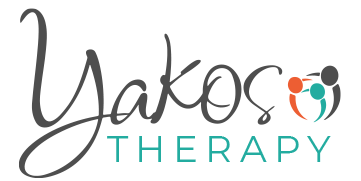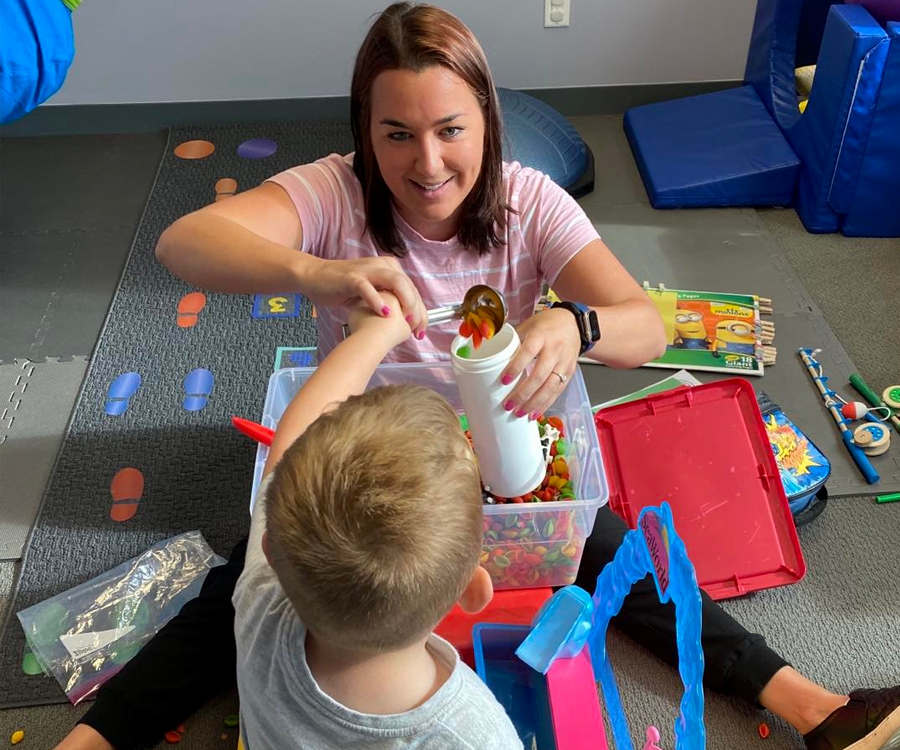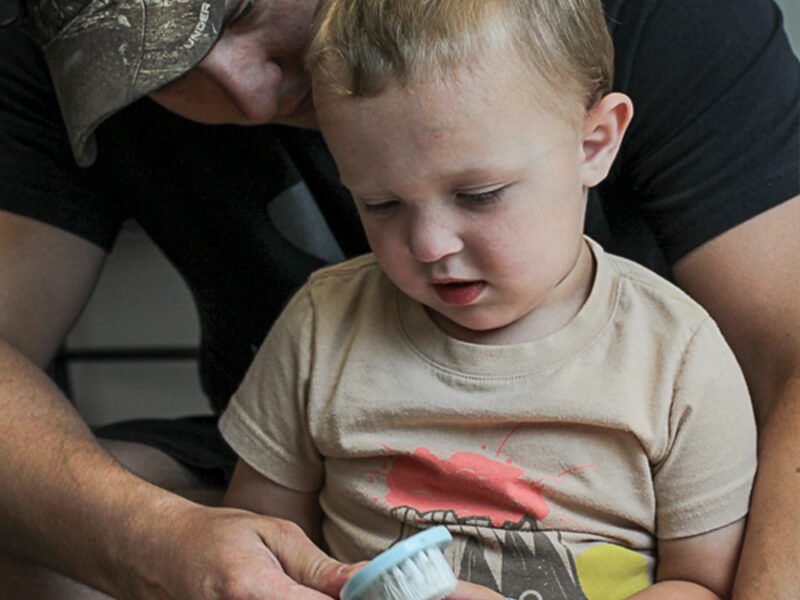Eligibility for speech-language services is often a topic for speech-language pathologists, educators, parents, special service staff, etc. Questions and comments arise about the difference between eligibility between schools and private clinics. For instance, parents may bring a copy of their private clinic report indicating a need for speech therapy but then be surprised when their child is not found eligible for speech therapy services within the school setting. It is important to understand the differences and key aspects to determine eligibility across various settings.
According to an article from the American Speech-Language-Hearing Association (ASHA), some key components to determine eligibility in the school setting include:
- “The goal of public school speech-language pathology services is to remediate or improve a student’s communication disorder such that it does not interfere with or deter academic achievement and functional performance.” (ASHA)
- Questions that should be answered to determine eligibility:
- Is there a disability? (e.g., speech-language impairment (SLI) may include stuttering/fluency, articulation/phonology, receptive-expressive language, social language/pragmatic language)
- If so, is there an adverse effect on educational performance resulting from the disability? (e.g., articulation may impact spelling, reading skills, and ability to clearly communicate with peers and adults or stuttering may affect reading fluency, participation in class, asking questions, and making comments)
- If so, are specially designed instruction and/or related services and supports needed to help the child make progress in the academic setting?
Eligibility in a private clinic includes important components such as:
- Medical necessity is essential to determine eligibility in a private clinic setting, especially for insurance purposes.
- The impact on the child’s life (e.g., skilled speech-language therapy is needed to decrease communication breakdowns, signs of frustration and tantrums, safety concerns, avoidance behaviors, anxiety behaviors or improve ability to communicate wants and needs).
- Questions to think about and answer are:
- Is there a disability?
- How is it impacting the child and is there medical necessity?
- What skilled services are needed? How many times per week or month are recommended?
- Standardized scores or instruments are useful tools to compare performance to same age and gender peers and determine if there is a disorder and the severity of the disorder.
Eligibility differs between locations, such as schools and clinics. However, speech-language pathologists are trained and certified to determine if a child is eligible for speech-language services. It should also be noted that guidelines differ amongst states and school districts.
Resources:
https://www.asha.org/slp/schools/prof-consult/eligibility/



